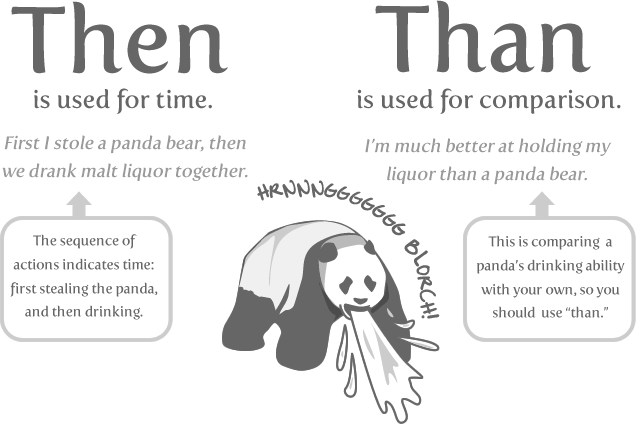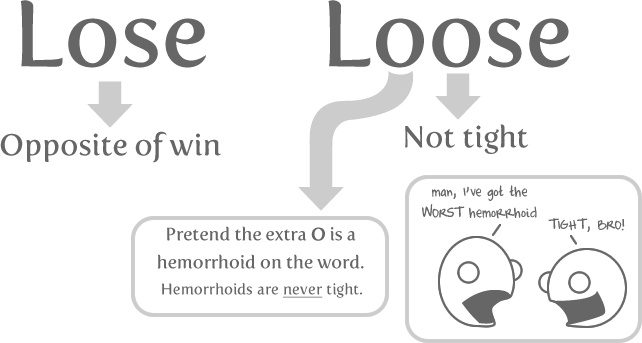If you dare, feast your eyes and ears upon this selection of poems, articles, and audio clips designed to give goose bumps and curdle the blood. Thomas Moore, Edgar Allan Poe, and Christina Rossetti tell rhyming tales perfect for chilling spines around the campfire. Shakespeare’s singing charmers from Macbeth and Sexton’s “lonely thing, twelve-fingered, out of mind” are some of poetry’s most infamous witches. We’ll never look at tree branches with an innocent eye again, thanks to Paul Laurence Dunbar and Louise Glück; Adelaide Crapsey and Mary Karr ensure the same for darkened windows. Michael Collier and Michael Waters mischievously depict the gender play and genial debauchery of costumes, while W.S. Di Piero and Carl Sandburg warn us that Halloween is a day when real danger might look fake, and vice versa. We get a peek into the demons and spirits of other cultures via Annie Finchand Rae Armantrout: whether you say ghost, genie, or djinn, the tingle in the spine is universal.
“All Souls” by Michael Collier
“To the Dead in the Graveyard Underneath My Window” by Adelaide Crapsey
“The Haunted Oak” by Paul Laurence Dunbar
“Samhain” by Annie Finch
“All Hallows” by Louise Glück
“Field of Skulls” by Mary Karr
“A Ballad: The Lake of the Dismal Swamp” by Thomas Moore
“To -- -- --. Ulalume: A Ballad” by Edgar Allan Poe
“Goblin Market” by Christina Rossetti
“Theme in Yellow” by Carl Sandburg
“Her Kind” by Anne Sexton
“Song of the Witches” by William Shakespeare
“Wedding Dress” by Michael Waters
Halloween poetry for the classroom.
“Ghost Hunting with the Dead Poets Society of America” by Kathleen Rooney
Is dying the best thing that ever happened to poetry?
“Nevermoreland” by Abigail Deutsch
In Baltimore, Edgar Allan Poe gets the funerals he deserves.
“A Halloween Poem: Strange Are the Products” by Forrest Gander
“Ghosts in Charlotte Smith’s Elegiac Sonnets” by Javier Huerta
“Wednesday Shout Out” by Rigoberto González
Pastan captures the sound of mortality while echoing Poe’s “The Tell-Tale Heart.”
Jeremy Axelrod on Thomas Hardy’s “The Shadow on the Stone”
After the poet lost his wife, he found his voice.
“There She Is” by Linda Gregg
“The Pumpkin Tree” by Robert Wrigley
POEMS
“Djinn” by Rae Armantrout“All Souls” by Michael Collier
“To the Dead in the Graveyard Underneath My Window” by Adelaide Crapsey
“The Haunted Oak” by Paul Laurence Dunbar
“Samhain” by Annie Finch
“All Hallows” by Louise Glück
“Field of Skulls” by Mary Karr
“A Ballad: The Lake of the Dismal Swamp” by Thomas Moore
“To -- -- --. Ulalume: A Ballad” by Edgar Allan Poe
“Goblin Market” by Christina Rossetti
“Theme in Yellow” by Carl Sandburg
“Her Kind” by Anne Sexton
“Song of the Witches” by William Shakespeare
“Wedding Dress” by Michael Waters
ARTICLES
“Poems Can Be Creepy” by Susan HuttonHalloween poetry for the classroom.
“Ghost Hunting with the Dead Poets Society of America” by Kathleen Rooney
Is dying the best thing that ever happened to poetry?
“Nevermoreland” by Abigail Deutsch
In Baltimore, Edgar Allan Poe gets the funerals he deserves.
BLOG POSTS
“Happy Halloween, Happy Birthday, John Keats” by A.E. Stallings“A Halloween Poem: Strange Are the Products” by Forrest Gander
“Ghosts in Charlotte Smith’s Elegiac Sonnets” by Javier Huerta
“Wednesday Shout Out” by Rigoberto González
POEM GUIDES
Aimee Nezhukumatathil on Linda Pastan’s “The Deathwatch Beetle”Pastan captures the sound of mortality while echoing Poe’s “The Tell-Tale Heart.”
Jeremy Axelrod on Thomas Hardy’s “The Shadow on the Stone”
After the poet lost his wife, he found his voice.
AUDIO
“Scary Movies” by Kim Addonizio“There She Is” by Linda Gregg
“The Pumpkin Tree” by Robert Wrigley
Originally Published: October 19, 2010











